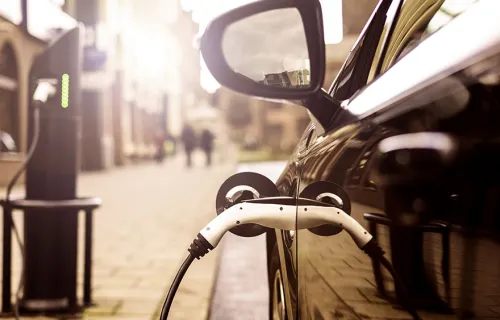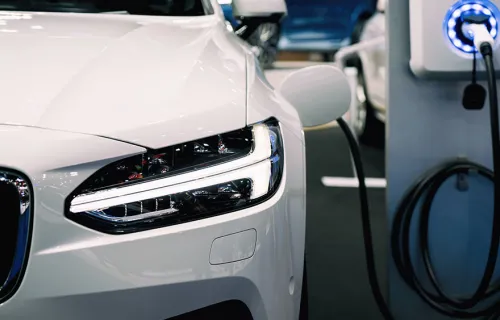The fleet industry has made major commitments to pivot to electric vehicles, driven by carbon reduction targets, and the promise of reduced costs. How is the traditional fleet model adapting to fit the new electric paradigm?
Change is happening fast in the fleet industry and the future is electric. As electric vehicle (EV) technology improves at a staggering rate, the sector is embarking upon radically reforming its vehicle mix, the energy used and how it is purchased.
More than 100 of the world’s largest businesses have now signed up to the Climate Group’s EV100 campaign, making a global commitment to ensure their fleets are electric by the end of the decade. This amounts to a staggering 4.8 million vehicles and the installation of huge numbers of charging points worldwide to support them. British Gas, which runs one of the largest fleets in the UK with more than 12,000 vehicles on the road, will have a fully electric fleet by 2025.
One big challenge, however, will be the availability and visibility of charging infrastructure to support the move away from petrol and diesel. With Arval Mobility Observatory reporting that more than 60% of fleets expect to have implemented an alternative energy mix by 2023, energy retailers – traditionally the oil and gas majors operating vast networks of fuelling stations – need to adapt quickly.
Read the full original article on Tech Monitor.





